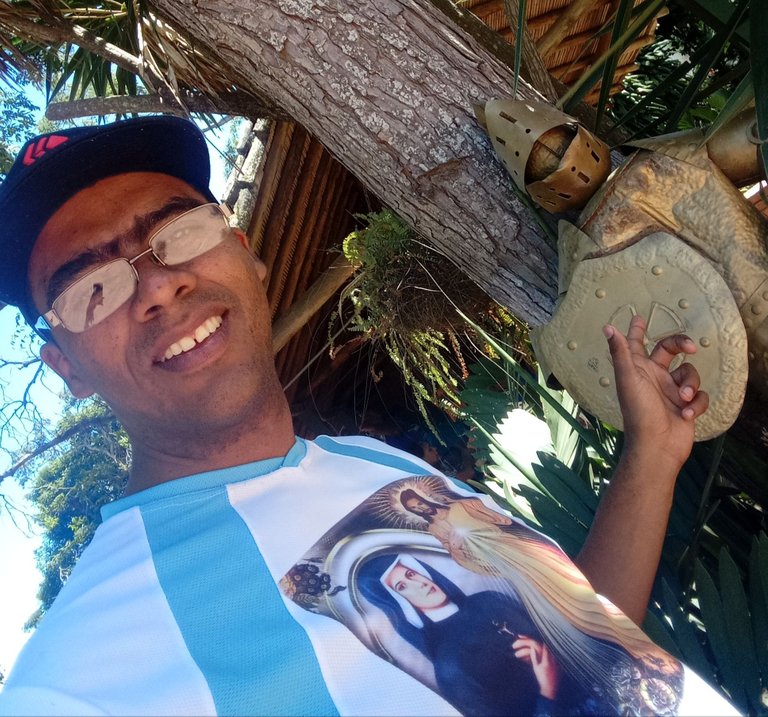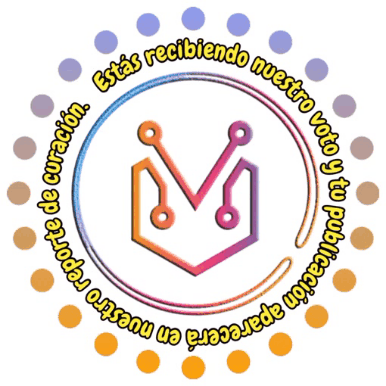VERSIÓN EN ESPAÑOL

Source
Dentro de unas pocas horas estaré como invitado de @irvinc en el espacio "Encuentros de Bienestar" promovido por esta bella comunidad. Estoy seguro de que será un espacio muy agradable, amenizado por el compartir de las reflexiones suscitadas a raíz de la lectura del libro "Cuentos para pensar" de Jorge Bucay, el cual como podrán haber notado me sugirió - con un juego de palabras - el título para este post, ya que es una de las cosas que este autor nos invita: partir de sus breves relatos (uno que otro, no tanto) y encontrar en ellos una especie de savia rejuvenecedora que, de una u otra manera, inspire nuestras vidas, para que - como él mismo lo expresa en el prólogo a través de la parábola del buscador - vivamos cada minuto de nuestro existir intensamente.
Aunque les comentaré algunos cuentos específicos durante el encuentro, tengo que desde ya expresar que en general todos fueron de mi agrado, ya que el autor tiene la virtud de ser un ágil y hábil escritor, con experiencia (aunque es uno de sus primeros libros) y sobre todo apasionado por lo que hace, que desde mi punto de vista no es más que aprovechar un don (la escritura de cuentos) para combinarlos con su vocación, pues siendo psicoterapeuta estos cuentos le sirven de mucho a él y a sus lectores.
Otra cosa que quisiera añadir, todavía sobre el autor, es que desde que leí las primeras páginas de su libro, una palabra se hizo presente ante mí para describirlo: humildad, en efecto, sin temor a los que puedan pensar los demás se muestra tal cual es, sin máscaras ni complejos, por ello, esto mismo es lo que nos invita realizar. Incluso me recordé de una frase de Santa Teresa de Ávila que define la humildad como estar en la verdad, pues, para Bucay unas de las verdades fundamentales de nuestro existir es reconocer nuestra realidad.

Para pensar desde los cuentos de Jorge Bucay creo nos pueden servir las siguientes ideas:
Una vida con sentido. Como ya hice referencia una de las primeras parábolas que el autor nos regala es la del "buscador". Así como este, aunque no de la misma manera, cada uno de estos cuentos tienen como finalidad que veamos y asumamos la vida con un sentido que valga la pena: sin temores, libres de toda dependencia, aprovechando cada momento, amando y con ilusión.
Riqueza interior. Si leer un libro de autoayuda nos enriquece, cuanto más una colección de cuentos que nos motivan a profundizar dentro de nuestro ser para sacar y mostrar nuestra mejor versión. Así pues, este libro tiene riqueza en sí mismo, pero también nos enriquece, no con cosas materiales, sino con otras más profundas y por eso más importantes: principios y valores que inspiren nuestra cotidianidad.
El amor. Entre estos principios y valores en Bucay resalta de manera especial su insistencia en el amor. No uno de cualquier tipo sino ese que tiene sus raíces en la autovaloración y el aprecio personal que le da identidad a nuestro salir de nosotros mismos para aportar al bienestar de los demás.
Superación personal. Si nos amamos sanamente a nosotros mismos, aprendemos a confiar y creer en nuestros talentos y capacidades, por eso, son de interés los cuentos que el autor nos presenta sobre nuestras posibilidades, ya que en muchas ocasiones el principal obstáculo para lograr lo que nos proponemos está en nosotros mismos.

ENGLISH VERSION
Thinking from Jorge Bucay's short stories

Source
In a few hours I will be a guest of @irvinc in the space "Encuentros de Bienestar " promoted by this beautiful community. I am sure it will be a very pleasant space, enlivened by the sharing of the reflections raised by the reading of the book "Cuentos para pensar" by Jorge Bucay, which as you may have noticed suggested me - with a play on words - the title for this post, since it is one of the things that this author invites us to do: to start from his short stories (one or the other, not so much) and find in them a kind of rejuvenating sap that, in one way or another, inspires our lives, so that - as he himself expresses it in the prologue through the parable of the seeker - we live every minute of our existence intensely.
Although I will comment on some specific stories during the meeting, I have to express that in general I liked them all, since the author has the virtue of being an agile and skillful writer, with experience (although this is one of his first books) and above all passionate about what he does, which from my point of view is nothing more than taking advantage of a gift (story writing) to combine it with his vocation, since being a psychotherapist these stories are very useful to him and his readers.
Another thing I would like to add, still about the author, is that since I read the first pages of his book, one word came to me to describe him: humility, in fact, without fear of what others may think, he shows himself as he is, without masks or complexes, therefore, this is what he invites us to do. I even remembered a phrase of Saint Teresa of Avila that defines humility as being in the truth, because, for Bucay, one of the fundamental truths of our existence is recognizing our reality.

In order to think from Jorge Bucay's stories, I believe the following ideas can be useful to us:
A meaningful life. As I have already mentioned, one of the first parables that the author gives us is that of the "seeker". Like this one, although not in the same way, each of these stories have the purpose of making us see and assume life with a worthwhile meaning: without fears, free of all dependence, taking advantage of every moment, loving and with illusion.
Inner wealth. If reading a self-help book enriches us, how much more a collection of stories that motivate us to go deep inside our being to bring out and show our best version. Thus, this book has richness in itself, but it also enriches us, not with material things, but with other deeper and therefore more important things: principles and values that inspire our daily life.
Love. Among these principles and values, Bucay's insistence on love stands out in a special way. Not just any kind of love, but that which is rooted in self-esteem and personal appreciation that gives identity to our going out of ourselves to contribute to the well-being of others.
Self-improvement. If we love ourselves in a healthy way, we learn to trust and believe in our talents and abilities, that is why the stories that the author presents about our possibilities are of interest, since in many occasions the main obstacle to achieve what we propose is in ourselves.




